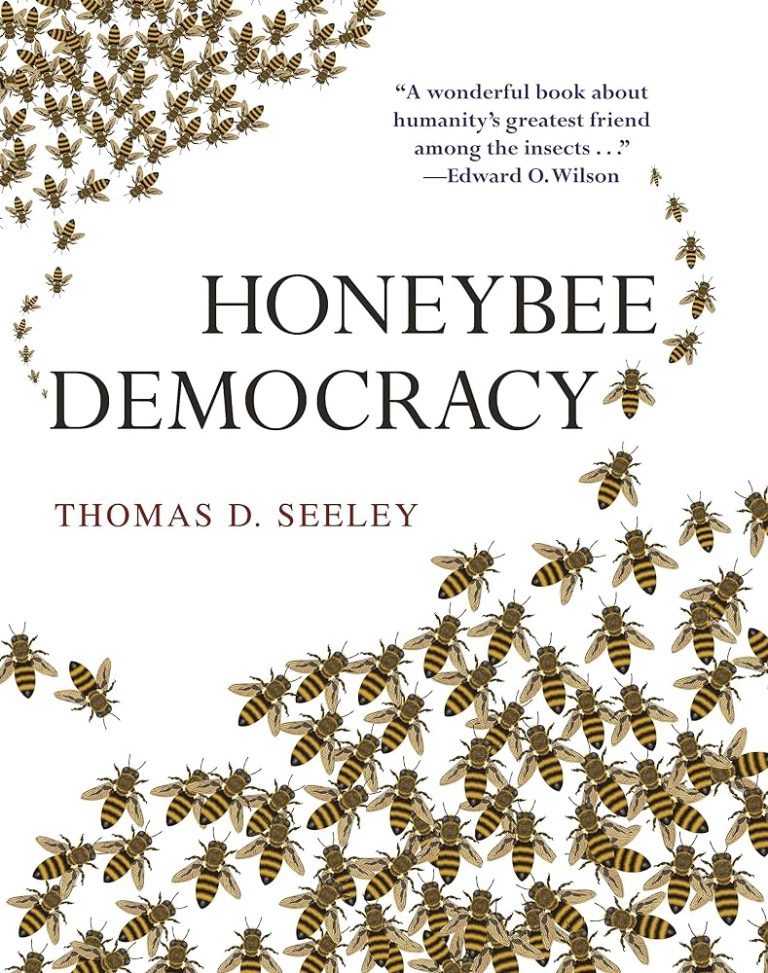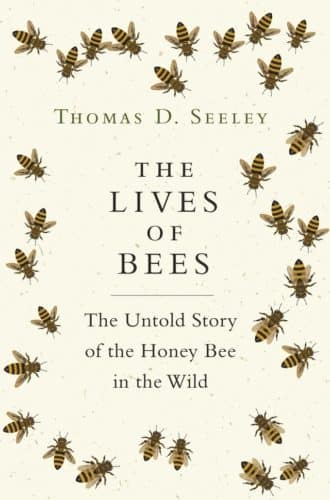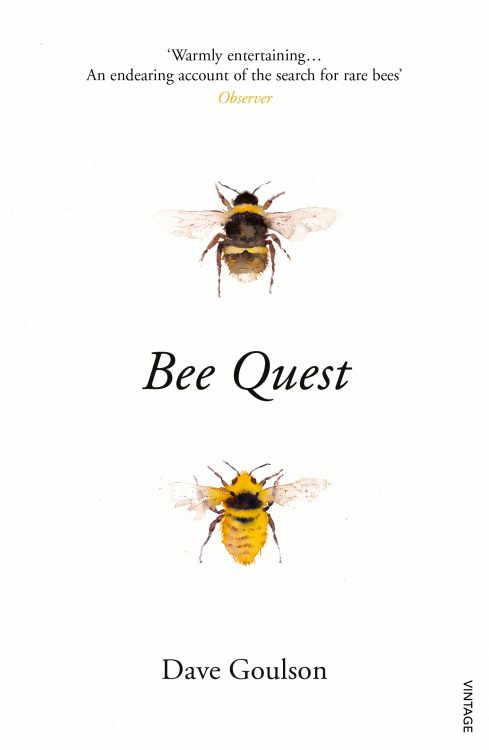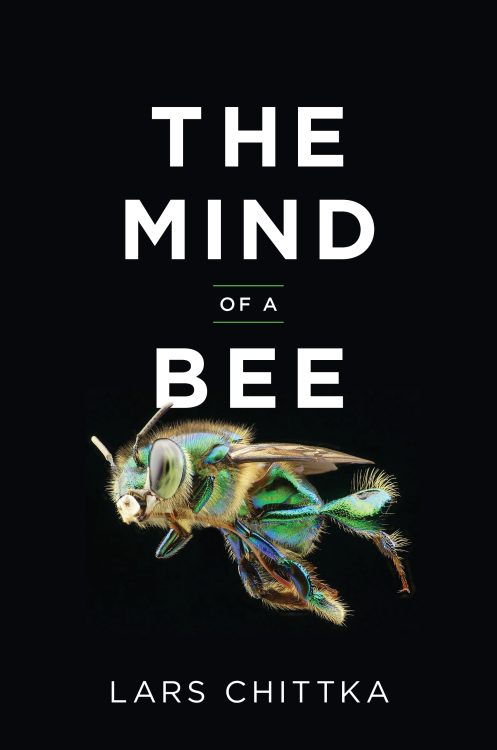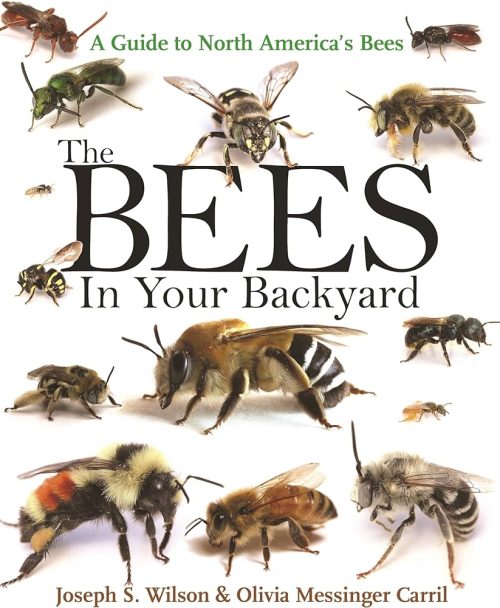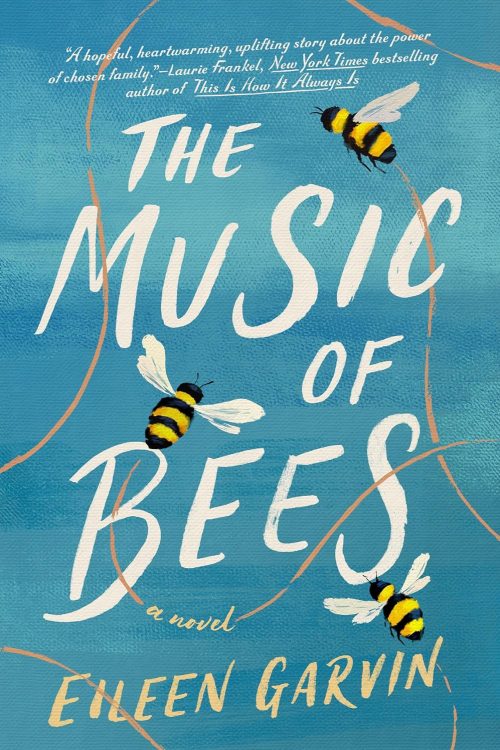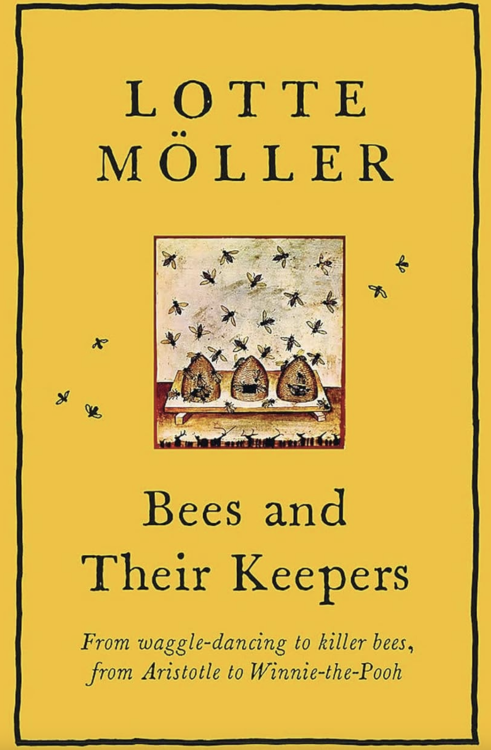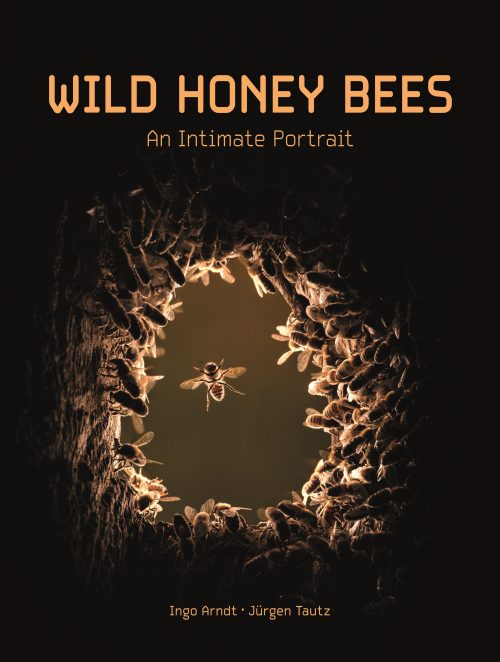Cornell University Professor Thomas D. Seeley elegantly dissects the complex democratic processes at work in honeybees societies in his book “Honeybee Democracy,” redefining our understanding of community decision-making in both insect and human worlds. With a keen observational eye and a gift for storytelling, Seeley unfolds the journey of bee colonies as they seek out new homes, showcasing how their unique ‘swarm intelligence’ can give powerful insights into our own social structures.
At the heart of Seeley’s narrative is the quest for the perfect nest site. Hundreds of scout bees fan out to survey potential locations, each advocating for the spot they believe is best. Decisions are not made through one dominant leader’s edict, nor by compromise, but through a rigorous dance that conveys the details of these prospects. The level of enthusiasm in the waggle-dance is directly proportional to the scout bee’s belief in the site’s promise. Over time, others join the dance, and the collective sway of opinion leads to a final, democratic choice.
What emerges is a profound understanding of the interconnectedness of these tiny creatures. At first glance, one might be skeptical about the relevance of honeybees to our own, far more complex systems. And yet, Seeley’s work challenges this skepticism. The bees’ unwavering pursuit of the common good, combined with an adaptive flexibility to changing environments, offers a model for a balanced, decentralized approach to decision-making that modern humans could learn from.
While Seeley’s comparison of bees to social human systems is compelling, one could argue that the equilibrium of bee behavior is too finely tuned to be mirrored in the freer, more ambiguous environment of human governance. Nevertheless, Honeybee Democracy‘s rich tapestry of research findings, supported by engaging visuals, charts, and anecdotes, illustrates the disciplined and highly effective nature of the bees’ democratic process.
“Honeybee Democracy” is not just a celebration of the honeybee’s cogent governance. It is a call for a deeper examination of nature’s living systems and the potential wisdom they encase. Whether it’s contemplating a single honeybee or the countless interactions within a swarm, Seeley invites us to engage with this intimate, yet universal, democratic mechanism. Honeybee Democracy stands as a testament to the beauty and functionality of nature‘s small-scale democracies, inspiring us to look to the natural world for lessons that can enrich our collective human experience.

